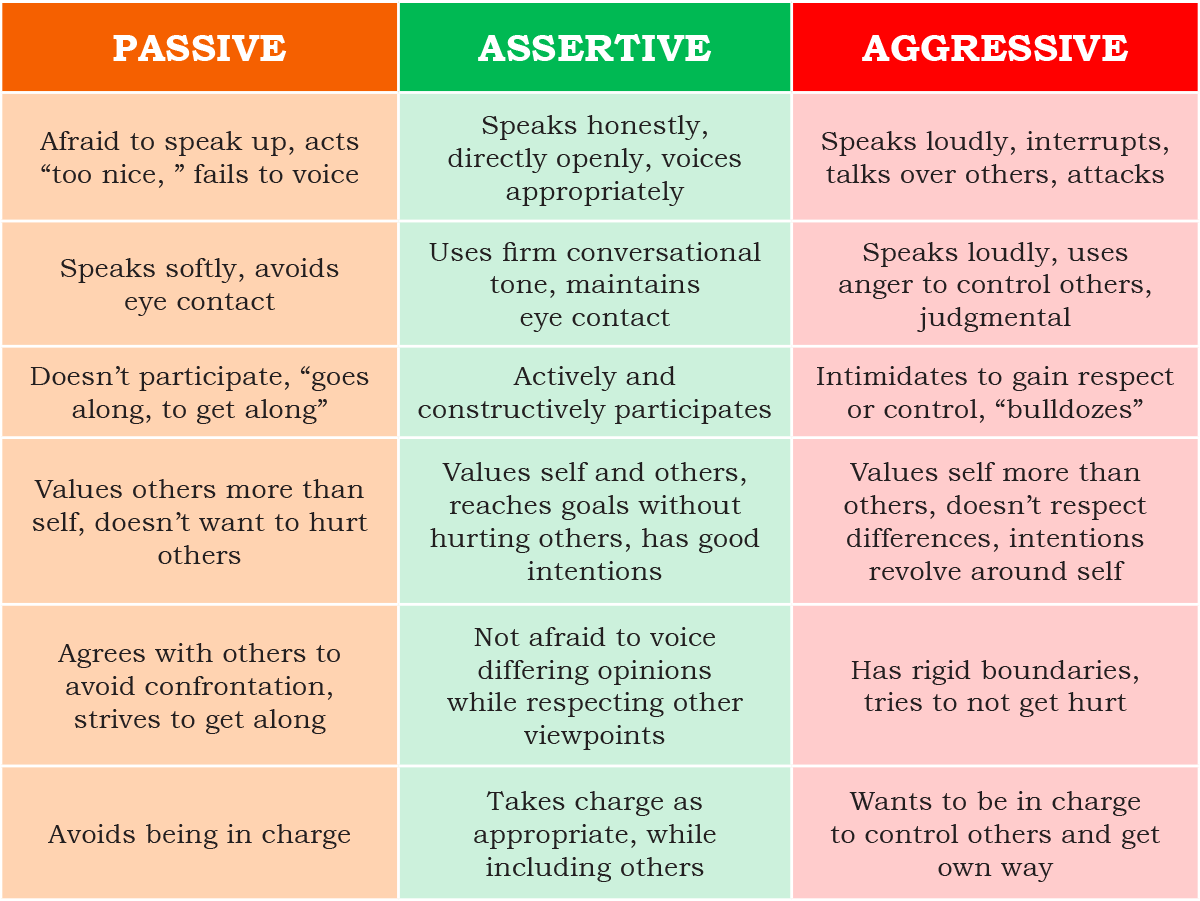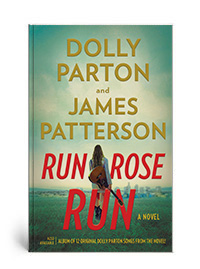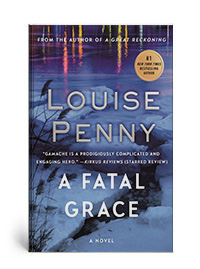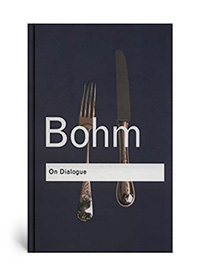Friends,
Welcome to my 18th newsletter, this one outlining five ways to have better relationships.
Living with others is difficult, living without others is impossible. We are a social species that survived thousands of years ago, not because we could run faster or be stronger than our predators, but because we could form effective relationships and collectively figure out how to overcome those intending to do us harm. While we naturally seek out others, our behavior often does not lead to the most effective relationships. The skill of being in healthy enduring relationships is vitally important and, like any skill, is one that can be improved. Today I will share just five ways I am working to have better relationships.
1. Give others 140 bits of information capability
Of the following five tools, this is the one I struggle with the most. Psychologists suggest that our minds can handle 140 pieces or bits of information … per second. They also estimate that having a casual conversation with someone requires about 40 bits of information. So what do most of us do when we are speaking with someone? If you are like me, you use the other 100 bits of information to think about what is coming next in the day, wondering where you might have lunch, reminiscing about what happened yesterday, checking your phone for new messages, reading the paper, etc. We find ways not to waste those 100 bits, any one of which undermines the relationship with whomever we are conversing.
But here is the thing, if you give 140 bits of information to another person, you will make a friend for life. Why? Because no one does it! And because listening to someone, completely listening and giving someone your undivided attention, is an act of love. I met my wife some 55 years ago in our college French class. I think one of the key reasons I fell in love with her was that when I spoke she gave me her undivided attention … she gave me 140 bits of information capacity … even if what I had to say was of little consequence.
If you want to know what it is like to give someone 140 bits of information capacity, have an exchange with a coworker, a friend, or a family member about most any topic. But agree to do so without using words, only using letters. When you spell out what you want to communicate, the other person has to use all his/her attention, all 140 bits of capability, to understand what is being communicated.
2. Be Assertive, not passive or aggressive
Good relationships are based on our ability to be assertive, that is expressing our opinions, wants, and needs appropriately. The alternative is to be either aggressive, wherein we have little respect for others’ needs and wants, or to be passive, wherein we do not respect our own needs and wants. For the action-oriented extrovert, not being aggressive is a challenge and for the quieter introvert, not being passive is the challenge. Here is a chart that I have modified from Robert Bolton’s book People Skills. Staying in the green zone is a challenge for me, as it may be for you, but good relationships require it.

3. Ask back
Here is a simple way to improve relationships when getting to know someone. Often we are asked a question by someone we first meet … where did you go to school, do you have kids, what kind of work do you do, etc. We often get so wrapped up in giving the answer we fail to ask back the same question. When people ask us something about ourselves, they most likely have something they would like to convey about the same topic. When you have answered the question, ask back the same question. Simple, huh.
4. Be a companion
This is another simple concept, but one we often fail to practice. When someone shares bad news with us, we often jump in to try to help the person solve the problem. For instance, if a friend told me they had lost their job, my inclination would be to respond by trying to help them solve the problem … “Have you got a resume together,” or “I know a good recruiter that might be helpful.” But a response that leads to better relationships is to do what Cheryl Sandburg, in her best-selling book Option B, calls “companioning,” meaning simply acknowledging their pain or disappointment, showing care and concern … “I am so sorry to hear this” or “I am glad you shared this with me, I know it must be difficult.” Often the person is not ready to begin solving the problem and simply being empathetic and there for the person is the best response. If they want help they will ask for it. In the meantime, just be a companion who is there to listen.
5. Have more “I and thou,” not “I and it,” relationships
Too often we approach relationships with what the famous philosopher Martin Buber called an “I and it,” rather than “I and thou” mentality. This fifth idea, unlike the last two, is much more difficult to grasp … and to practice. Let’s begin with a look at “I and it” or “transactional” relationships which are easier to grasp. When we have an I and it relationship we are looking to the other person as a vehicle to achieve something – to gain a physical possession, gain experience, learn something. In effect, we objectify the other person. If you call the LL Bean 800# to order a sweatshirt, you are having – appropriately having – an I and it or transactional relationship.
The problem is that in our fast-paced, action-oriented world, we unfortunately often have I and it relationships with family, friends, and coworkers. We see them or at least act as if we see them, as a vehicle to serve our needs, to achieve something. We do this to the detriment of our relationships.
No one likes to be used. What we seek is recognition, and acceptance of who we are. We seek relationships based on mutual respect, relationships devoid of judgment, qualification, or objectification. We seek what Martin Buber calls “I and thou” relationships. Such relationships are two-way, open, caring, and, as a result, enduring relationships.
Now you may think this weird, but we can also look at our relationship with the world around us as an I and thou relationship as well. We can view a tree as “it”, or we can see it as “thou” … something that gives people and animals shade, protection, oxygen to live, beauty, something to which we are connected. A tree or another person, when appreciated and seen at a deeper level, we are drawn closer together, into a more caring and meaningful relationship.
Relationships are at the foundation of happiness … treat them accordingly.
I would love to hear any thoughts you have.
I wish you all health … and healthy, meaningful, and enduring relationships.

–Douglas. A. Smith
“The truth is that relationships are the most valuable and value-creating resource of any society. They are our lifelines to survive, grow and thrive.”
–Ken Blanchard
From the bookshelf!
Books I am reading and highly recommend.



